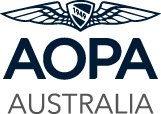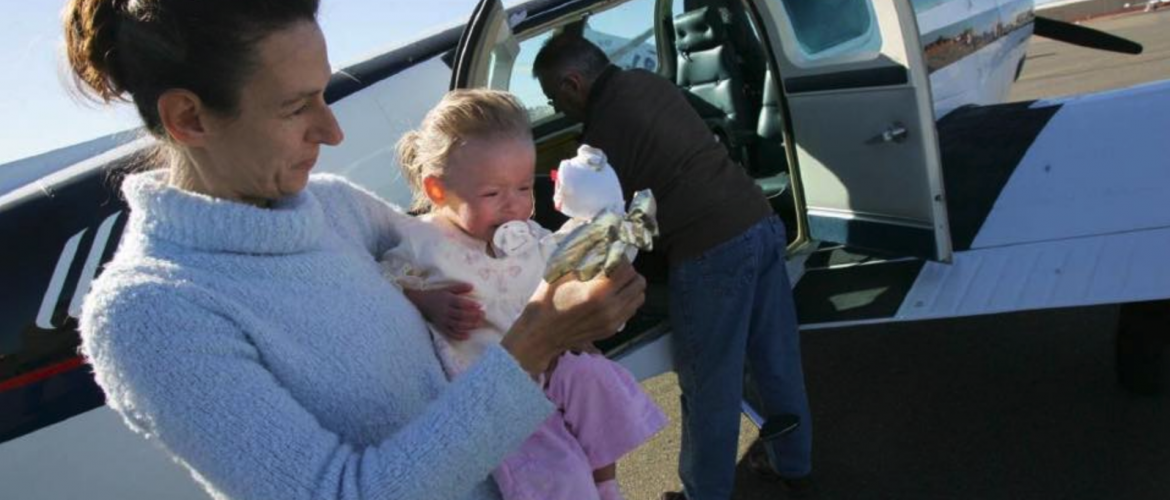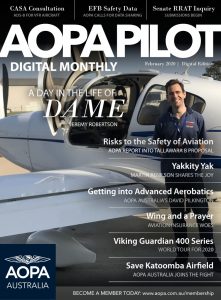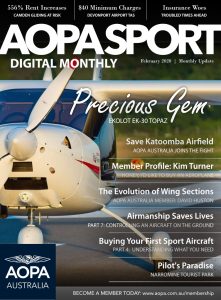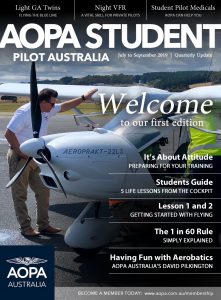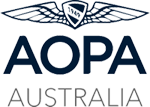The Deputy Prime Minister has responded to concerns that the Civil Aviation Safety Authority’s new proposal could discriminate against a charity that flies sick children from Wagga to the major cities for treatment.
Angel Flight in the last 10 years, has coordinated more than 1000 flights for Wagga residents to access medical help and has raised concerns about CASA’s proposal.
Changes put forward include increasing minimum pilot hour requirements, which would bar some of the volunteers with lower hours, and requiring aircraft engines to be maintained to commercial charter standards, which could cost $85,000 or up to $120,000.
Benjamin Morgan, executive director of Aircraft Owners and Pilots Association of Australia, said the proposal is ridiculous.
“These are changes that are not supported by the aviation industry and community,’ he said.
“I am astounded that CASA has thought they can ram these changes into the system and subvert the standard regulatory change processes.
“If CASA were so confident in their recommendations that they’re attempting to fire through then why didn’t they go through the normal process.”
Mr Morgan said he wanted to know whether or not the Prime Minister or Deputy Prime Minister will “stand up for families in the bush or will they abandon them”.
Deputy Prime Minister and Minister for Infrastructure, Transport and Regional Development, Michael McCormack, said the policy is far from discriminating against regional people.
“The intent of this policy around community service flights by CASA is to ensure that a suitable level of aviation safety is maintained for regional and rural Australians who need to use these important resources to seek medical assistance away from their home,” he said.
“The proposals being put forward by CASA are as a result of two fatal accidents and following these tragic accidents in recent years, CASA initiated a public consultation on the CSF sector as a whole.
“The Australian Transport Safety Bureau also continues its investigation into the most recent fatal accident and has initiated an investigation into the landing incident in Wagga last week involving a CSF organised by Angel Flight.”
Mr McCormack said no flights have been grounded and operations are continuing while this process is underway to improve aviation safety standards and outcomes.
Mr Morgan said the best, most reliable way to determine if changes in aviation regulations and safety standard is to overlay the proposals against historic accidents and ask if it could have been prevented.
“The answer is, not one of the recommendations has any relevance to any historical accident,” he said.
“What we are seeing is a disgraceful attempt of CASA to fear monger and create emotional reactions to support these proposals.
“They are devoid of safety case and devoid of a risk assessment to justify it and it is a gross abuse of the aviation industry rights and the rights of Australians.”
He expected, Mr McCormack said, CASA to take a pragmatic approach to ensure aviation safety is maintained whilst taking into consideration the importance of operations such as Angel Flight and Little Wings, especially in rural and regional Australia.
“I have been in contact with both the CASA chief executive officer Shane Carmody and Angel Flight chief executive officer Marjorie Pagani to discuss the proposed changes and I will continue to monitor the consultation process closely,” he said.
“CASA believes most pilots currently conducting CSFs would already meet the proposed new standards and that these proposed changes will not exclude many of Angel Flight’s volunteer pilots.
“The proposed approach is comparable to that taken by the Federal Aviation Administration in the United States in response to similar safety concerns following a number of fatal accidents with pilots conducting CSFs on a charitable basis.
“The FAA introduced additional requirements in 2013 and the charitable medical flight sector has continued to provide these services.”
